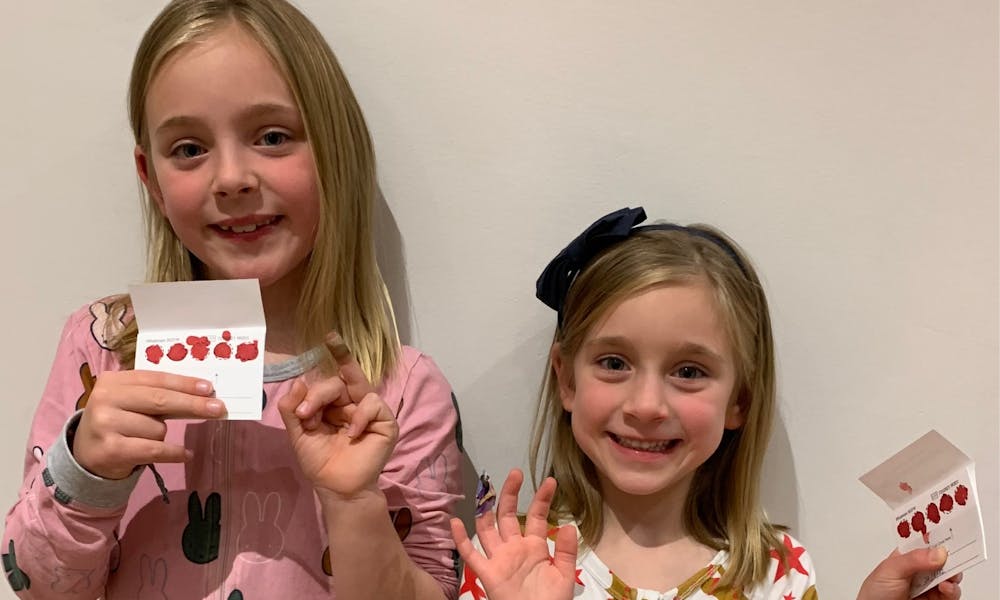An at-home blood test for diagnosing type 1 diabetes is accurate and preferred by consumers, a new study from the Royal Melbourne Hospital (RMH) has confirmed.
The ease, convenience and discomfort of the finger prick test was rated by almost 100 people living with or being screened for diabetes and their family members.
The RMH endocrinologist and Walter and Eliza Hall Institute of Medical Research (WEHI) clinical scientist Associate Professor John Wentworth said the new test will change how people at risk of diabetes are screened across the globe.
“The world is shifting to general population screening, and this is probably the most cost-effective and convenient way to do it,” he said.

The test comes via mail and requires the user to provide a small sample of blood on a piece of card, which is then mailed back to a lab for testing.
The findings, published in the journal Diabetes, Technology and Therapeutics, showed the innovative method of testing was preferred by research participants, including adults and children.
A/Prof Wentworth said most participants felt self-collection was easier and less time consuming than visiting a nurse or GP, with the less-invasive nature of the finger prick test also a big positive.
He said the test would particularly help those living in regional and remotes areas.
“It’s not quite as sensitive as the formal sample from a vein but importantly its very specific, which means there won’t be a lot of false positives,” he said.
“No one before has shown you can have a system where you collect in home and get an accurate result.”
Melbourne mum Torie was diagnosed with type 1 diabetes as an adult. Her daughters Matilda and Alice (pictured below) took part in the finger prick test.
Tories said while her daughters found the test uncomfortable, it was much easier than taking them to a GP or hospital for a traditional blood test.
A/Prof Wentworth said he was proud of the breakthrough and “local research efforts” of many colleagues.
“We are now world leaders in this technology,” he said.
In Australia, approximately 30,000 children and young adults live with type 1 diabetes.

We provide a media service from 6am to 9pm each day. Journalists are welcome to contact our media adviser on-call via the RMH Switchboard on (03) 9342 7000.
During business hours, journalists can email mh-communications@mh.org.au. We do not respond to emails outside business hours.

